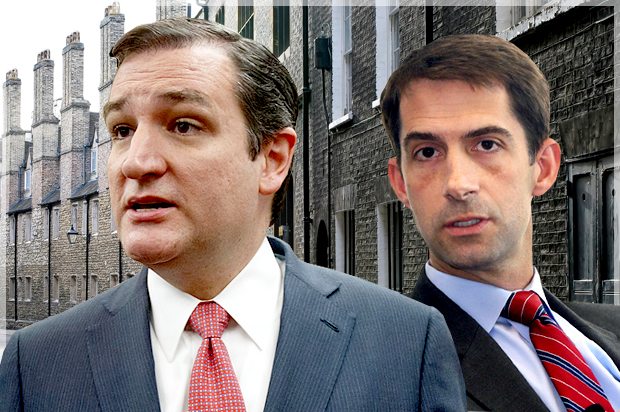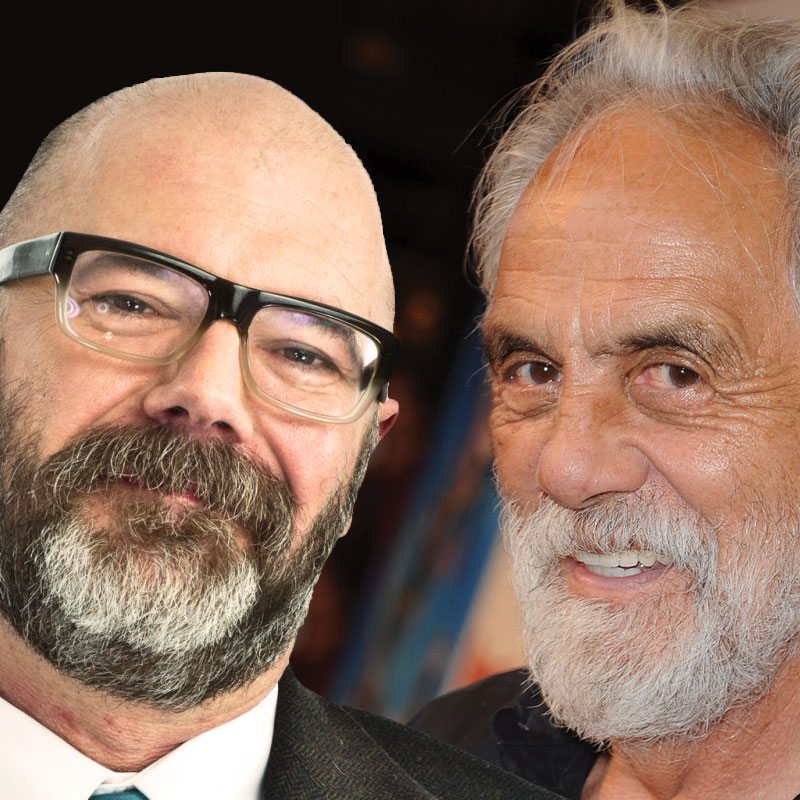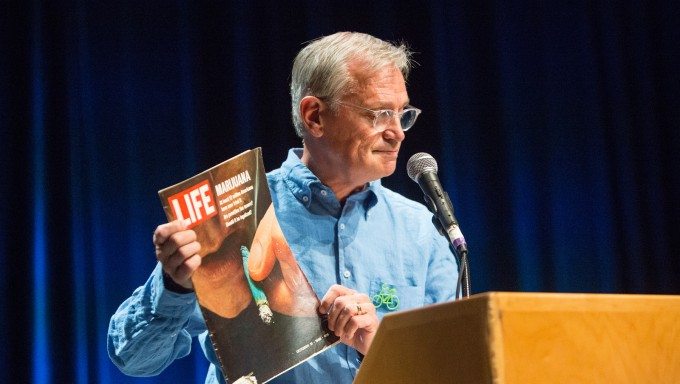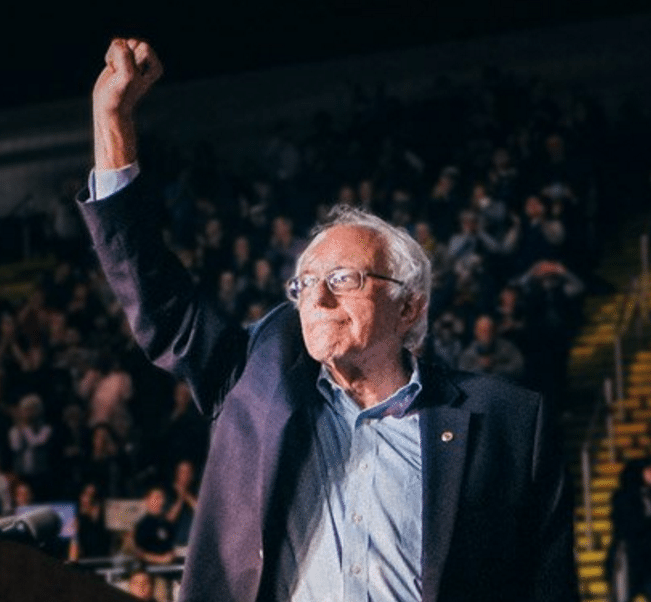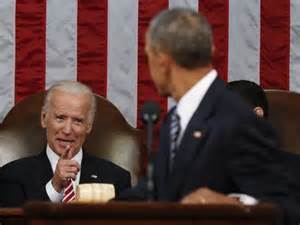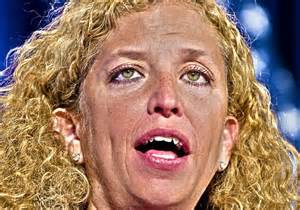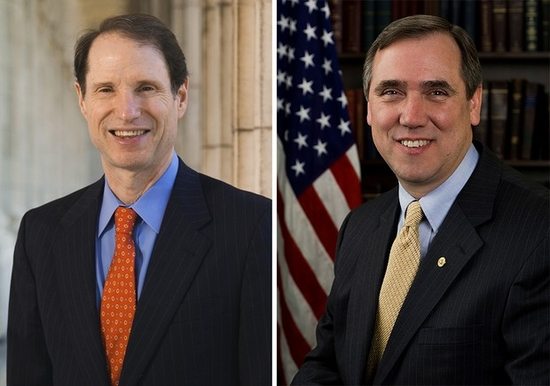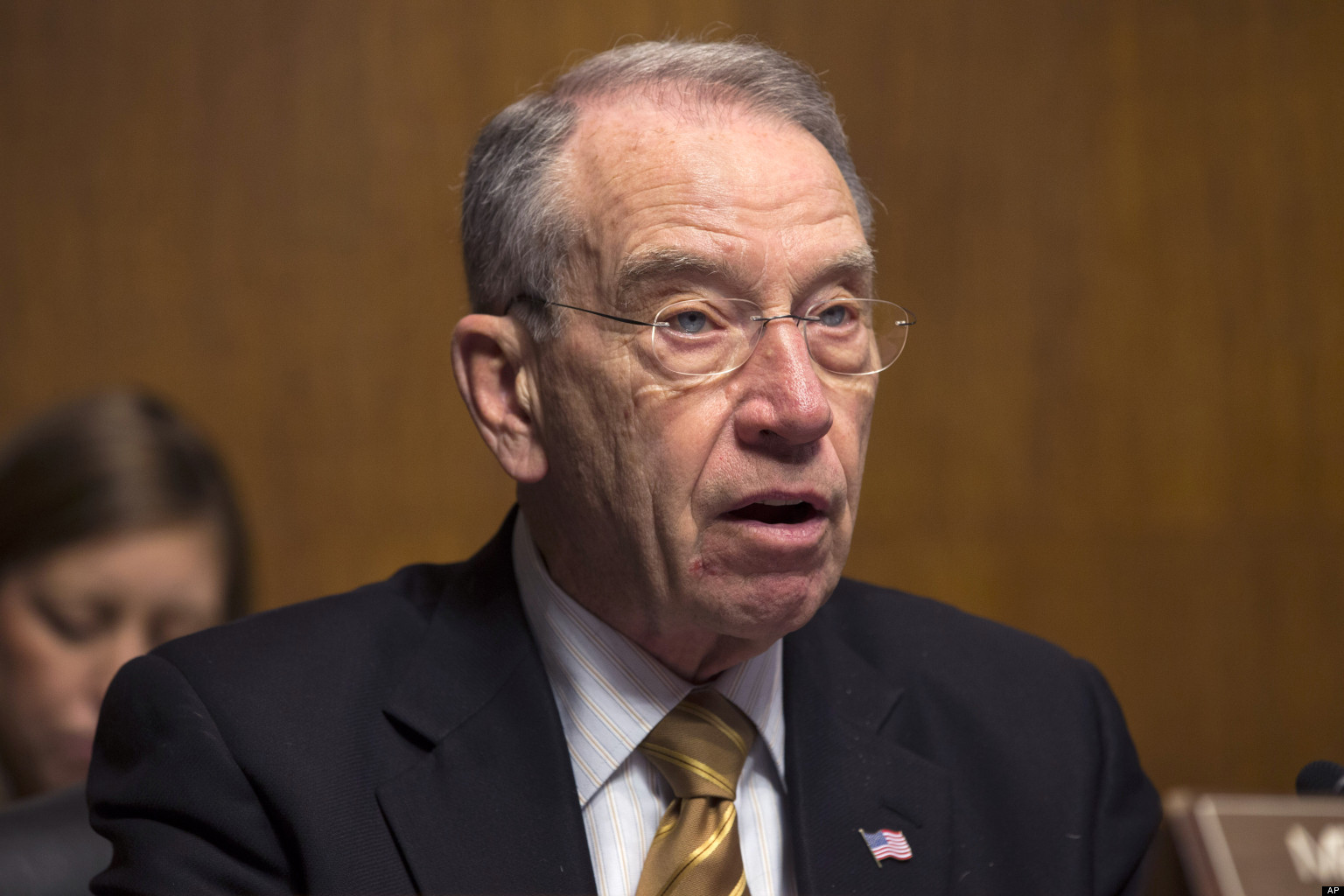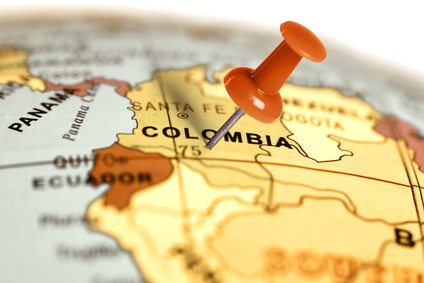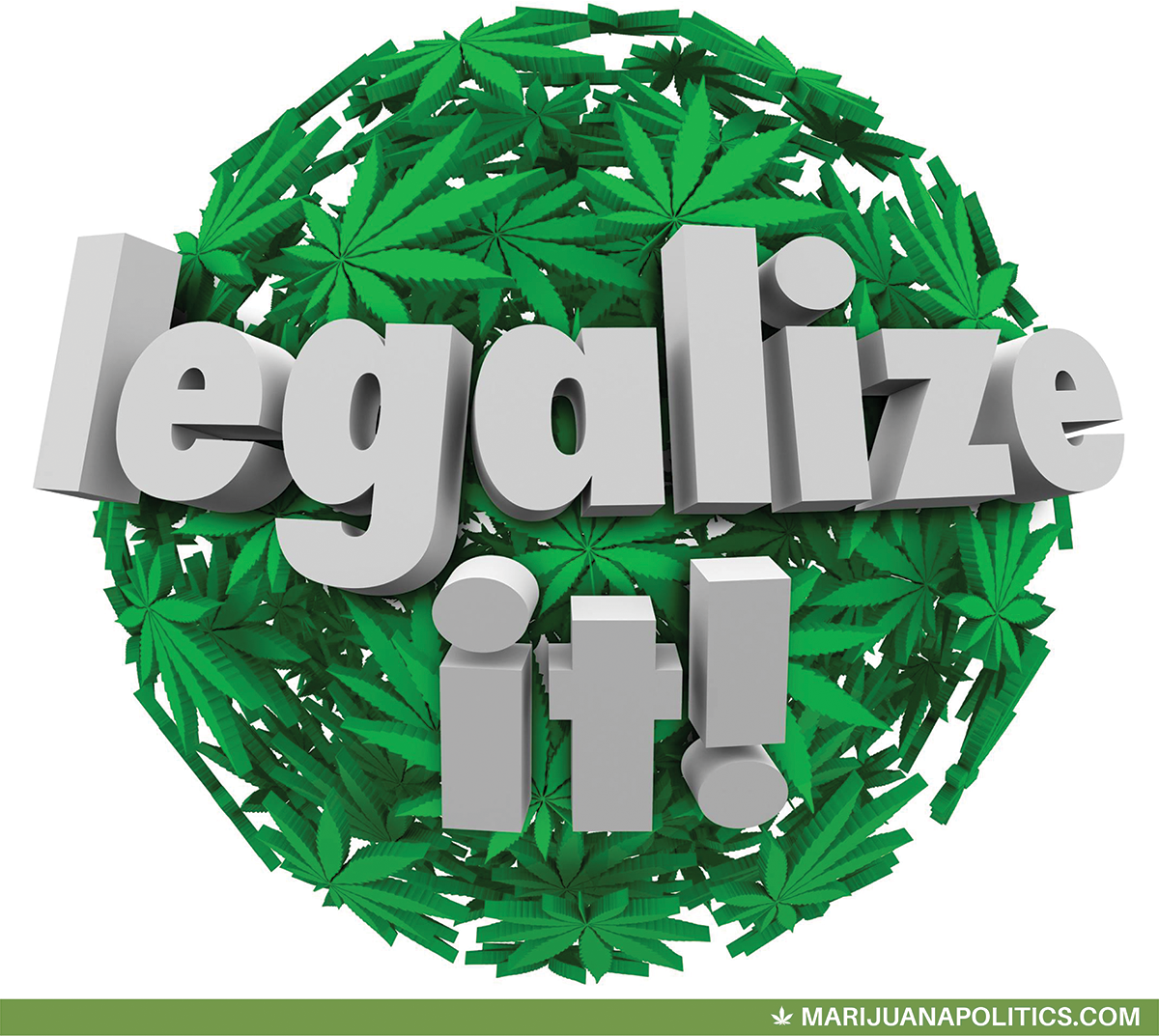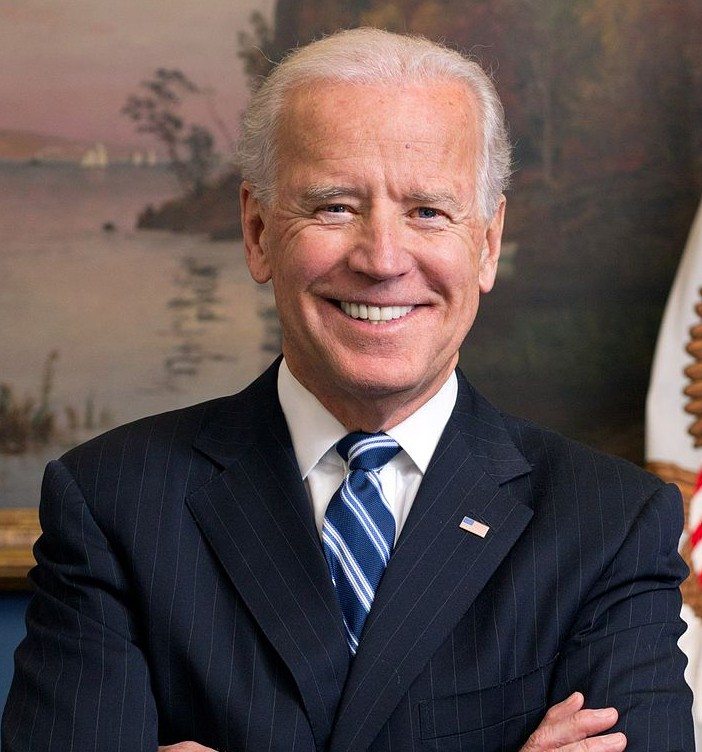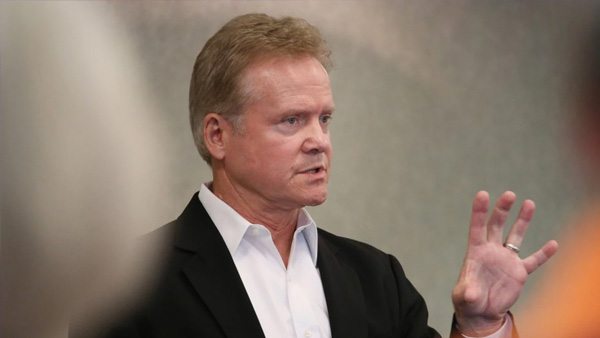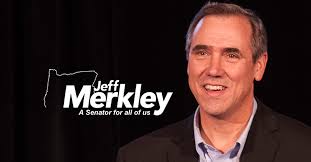Ted Cruz and several other Republican right-wingers have regrettably challenged recent encouraging signs of congressional change in criminal justice, incarceration, and scheduling of cannabis.
Incentives have been building in recent years to make changes to America’s bloated criminal justice, drug war, and prison systems. The realities and downsides of now generations of drug war clearly show their damage:
- The “land of the free” has become instead “incarceration nation,” by quintupling the number and percentages of its own citizens held in cages. No country jails a higher number nor percentage of its people. Senator Jim Webb asked if we are home to the most evil people on earth? He called our incarceration shame “vastly counterproductive.“
- The nation’s police have been deterred from their oath to “protect and serve” by drug war mentality and malignant incentives, including civil asset forfeiture. Instead, the fellow American citizens became the enemy of the police and also a grand opportunity to police for profit.
- Prosecutors have been incentivized to focus on victim-less drug “crimes,” rather than violent crimes. Rape kits went untested while DAs and US Attorneys profited from pointless, shooting-fish-in-a-barrel marijuana prosecutions.
- People getting hooked on heroin became more of a middle class problem, stemming clearly from the gateway pharmaceutical drugs such as Oxycontin. This change in those facing heroin addiction is brinimg with it a more compassionate, treatment-oriented emphasis and willingness to look at addiction as as public health matter, rather than the main focus for police and prosecution.
- Dozens of other good reasons remain for ending the damaging decades of the police-prosecution-prison model of the war on drugs.
Political change, even bipartisan agreement(!) has surfaced in the last few years. Strong sentiment exists in both sides of the aisle of Congress to address the mistakes of the war on drugs and its warping of the justice and prison systems.
Several Congressional bills in 2015 addressed these issues. One of the most important is the S. 2123: Sentencing Reform and Corrections Act of 2015. This bill was sponsored by Senate Judiciary Chairman Chuck Grassley, (R-Iowa), a long time drug war hawk. Sponsoring this bill represents a change of heart of this hardliner; in the previous session he had opposed similar legislation introduced by Mike Lee (R-Utah) and Richard Durbin (D-Ill). Grassley called the earlier, bipartisan bill “lenient” and “dangerous.” Grassley, however, is single-handedly blocking the marijuana rescheduling CARERs act.
Senator Ted Cruz (R-Texas) backed the earlier bill, as did Republican Rand Paul, Democrat Cory Booker and several more senators from both parties. The bill made it out of committee but died on the floor.
Ted Cruz Switches Sides
Now the same Ted Cruz who backed the earlier bill has come out attacking the 2015 version, calling it “dangerously lenient.” Apparently running for president has changed Cruz’s small government views on punishment and incarceration. Reason.com’s Jacob Sullum describes how “the Texas senator, once a leading Republican critic of disproportionate punishment, seems to have switched sides.”
Apparently this switch blindsided Cruz ally and bill sponsor Mike Lee, the Utah senator who sponsored the previous version. Lee had no idea Cruz would now be attacking his common sense bill as “dangerous and politically poisonous.”
Tom Cotton on the Attack
Tom Cotton, Arkansas Junior Senator and arch-neocon is pictured with Cruz above. His hawkish world view is mirrored by his old fashioned authoritarian, law-and-order, hard on drugs conservationism, nearly the opposite of libertarian Rand Paul. Cotton’s first act as US Senator was to try to scuttle the Iran nuclear negotiations. His radical conservationism is reflected in his current attempts to sabotage the sentencing reform act including lobbying his fellow senators, as reported by Politico‘s Seung Min Kim.
Ed Kilgore, writing in the New York Mag, brings up the specter of a future Tom Cotton presidency. I had this same chilling thought when he successfully ran for the senate. Be afraid, America, be very afraid of Tom Cotton. Other Republican right-wingers seeking to reestablish their law-and-order cred by opposing the sentencing act are are Jim Risch, (R-Idaho) and David Perdue, (R-Georgia).
The efforts by Cruz and Cotton and these conservatives may well cause Senate Majority Leader Mitch McConnell to resist further action on the bill. And after all, passage of a bi-partisan bill might be seen a victory for Barack Obama, something McConnell pledged never to allow.

